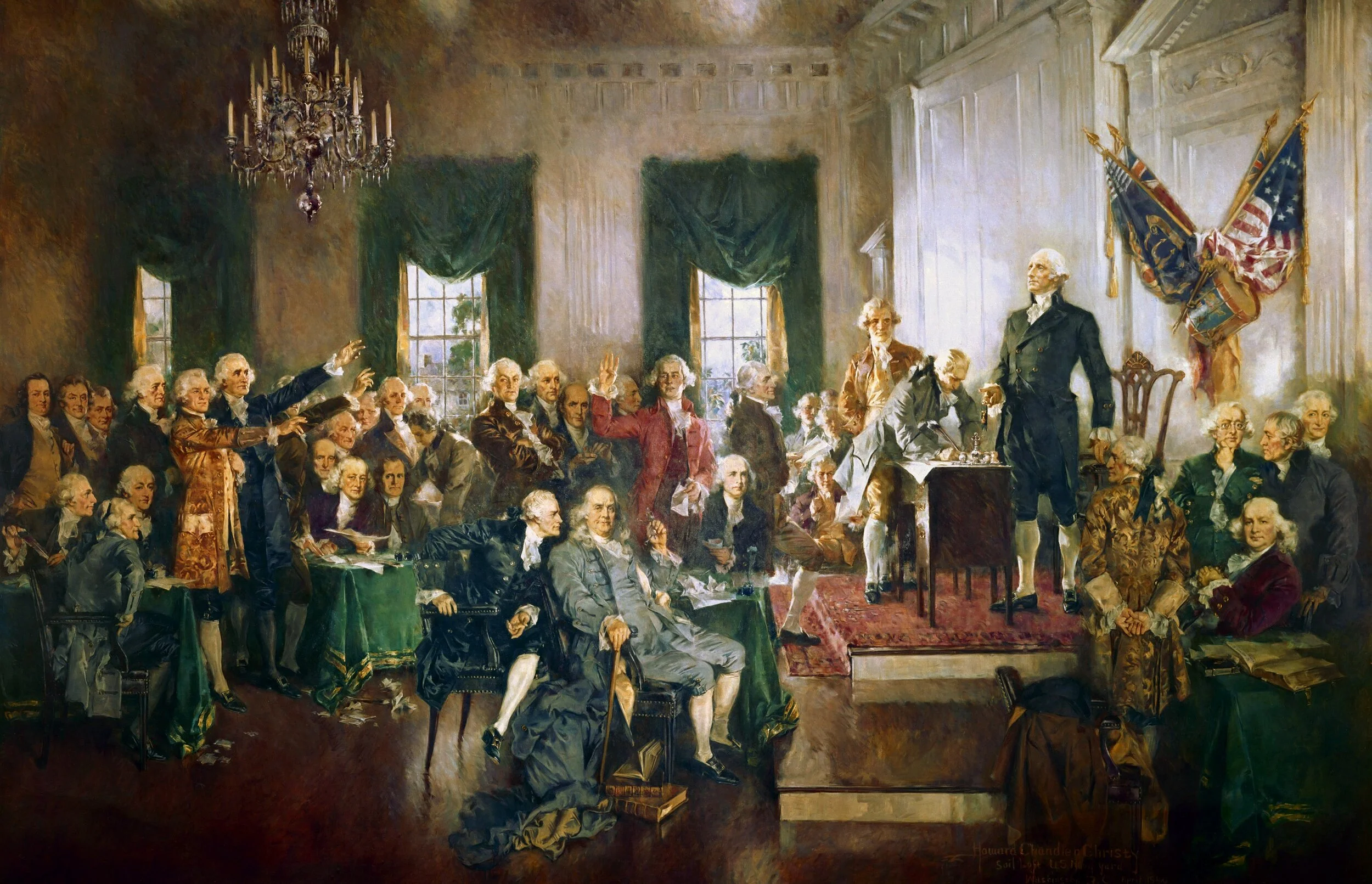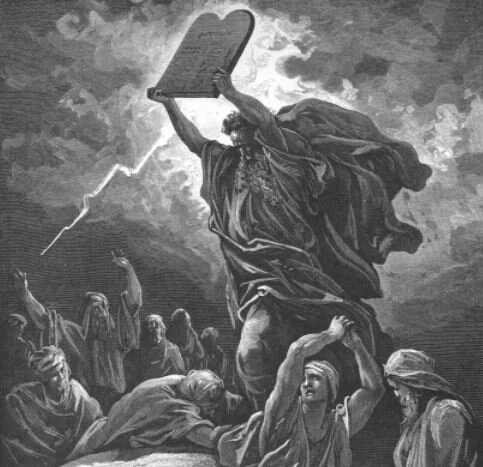Trust: The Vital Element
/There is a passage in the Old Testament of the Bible that deserves consideration. It says:
And then there arose a new generation who did not know the Lord.
This comes in the book of Judges, chapter 2, verse 10, after the death of Joshua, the leader who helped the Israelites take possession of a homeland after fleeing from Egypt. The people toed the line when Moses was their leader, and continued under Joshua. But after Joshua died, their devotion died, too.
That small passage has immense significance, because “knowing the Lord” was the whole purpose of the nation of Israel in the Old Testament. Losing their very most essential characteristic was bound to have bad consequences for the Israelites. And it did. The rest of the book of Joshua is a series of defeats and disasters for the Israelites.
You don’t have to believe the Bible to get the point here. Imagine, instead, a football game or other sporting contest where, at a critical moment near the climax of the game, “The coach subbed in a squad of players who had never played the game before, didn’t know the rules, and didn’t care about winning.” How would that turn out?
Here’s the point. Faith in institutions has been an essential aspect of American democracy. The American system has worked because citizens trusted office holders, government employees, bureaucrats, and others to act fairly and wisely and in the public interest. People talk as if the Constitution is the firm foundation of American democracy. But in truth, trust in the system has been the essential ingredient.
And now that trust is just about gone. And the prospects for America’s future, without that faith and trust, is no better than Israel’s prospects after that new generation arose.
The Washington Post ran an article showing one person who has recognized the problem and is trying to fix it. A health-services administrator near Boston, Asif Merchant, relates his experience with nursing home staff who don’t want to receive the coronavirus vaccine:
About half the staff in the four facilities where I serve as medical director said they would not take the vaccine. This might seem shocking: We work in the medical field, and we saw some of the worst ravages of this disease up close. And yet, despite the misery we’d witnessed, my colleagues were wary of the one intervention that offered a light at the end of the tunnel.
The common reaction to vaccine skeptics is to call them stupid. That was the consensus of commenters in the comments section under Merchant’s article, including one by a commenter named LoyalMN:
I am so sick of people playing the victim card. People, including black people, have been receiving vaccines for years to prevent childhood diseases, polio, and the like. But the current victimization trope is thrown up by people to excuse their stupidity in refusing the vaccine. If people who work in senior facilities and medical facilities refuse to be vaccinated they should be fired. Their choice.
But Merchant’s reaction was different. Merchant took the time and trouble to meet with his employees, and he learned many of them feared the vaccine for reasons. Not good reasons, necessarily. But reasons, nonetheless:
No matter how outlandish some fears seem, I can’t shrug them off. People’s concerns aren’t totally random; it’s counterproductive to just dismiss them. Instead, I try to figure out where their understanding went wrong and to offer an explanation for that misunderstanding. For example, vaccines definitely don’t contain GPS-enabled chips, but the Pfizer boxes carrying the doses do have a tracking device so that we can follow shipments to our facilities..
So there IS, in fact, a GPS chip connected to the vaccine. It is a mistake to think each injection of the vaccine puts a GPS tracker in the arm of the patient. But it is wrong to say the GPS trackers don’t exist. People don’t need to be told they’re just wrong. And they certainly don’t need to be told they are stupid. They need to have the facts explained. Patient explanation is something that community and political leaders are going to have to get better at.
Such explanations weren’t necessary in the past because people simply had faith in doctors and in government. When I was a child, my mother took me for every kind of shot that the doctors recommended. It was not because my mother was smart. It is because she trusted the doctor. She could have studied the issues and come to a decision about the pros and cons of childhood vaccinations. But she didn’t bother to do that because her faith in the system made it unnecessary.
As 2021 progresses, coronavirus vaccinations will become available to a larger part of the population. A large majority of the population needs to accept the shots if we are to achieve herd immunity and put face masks and social distancing behind us. Whether people take the shot or not will hinge on their trust in the system. Millions won’t do it. And that may mean the herd immunity goal is not reached.
Faith in the health care system isn’t the only area where civic good will has crashed and bad consequences lie ahead. It seems unlikely that the 2024 presidential election, or any future presidential election, will be peaceful and uneventful. People have lost faith in the voting process, and our elections are not sufficiently open and transparent to win back the faith of a skeptical public.
A growing share of citizens do not trust the police. And their mistrust causes them to flee from routine interactions with police. What ought to be a two-minute conversation can turn deadly because of fear and doubt.
There are more ways in which loss of faith and trust imperil America’s future. The Congenial Iconoclast believes that bestowing good will on others is the citizens’ most urgent duty. The top priority for elected officials and public servants is regaining trust in themselves as individuals and in the nation’s public institutions and processes.











